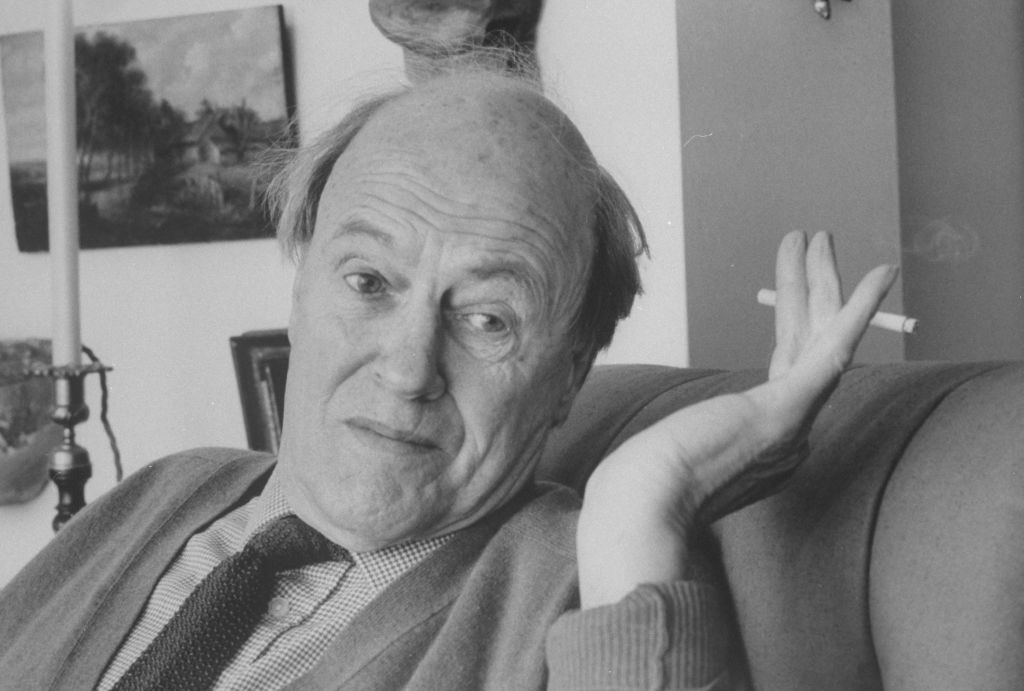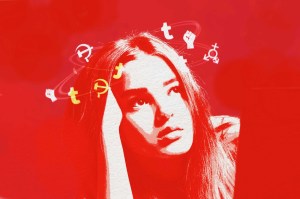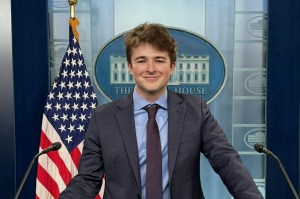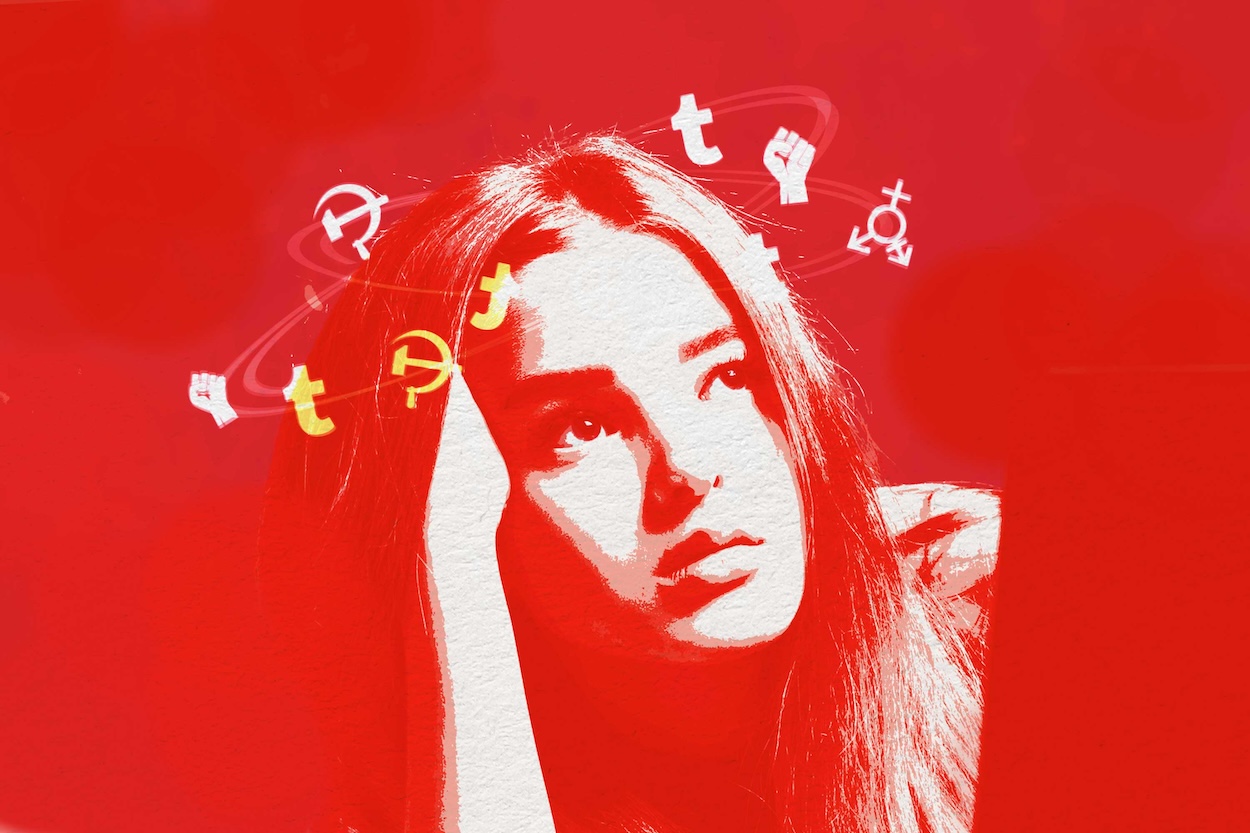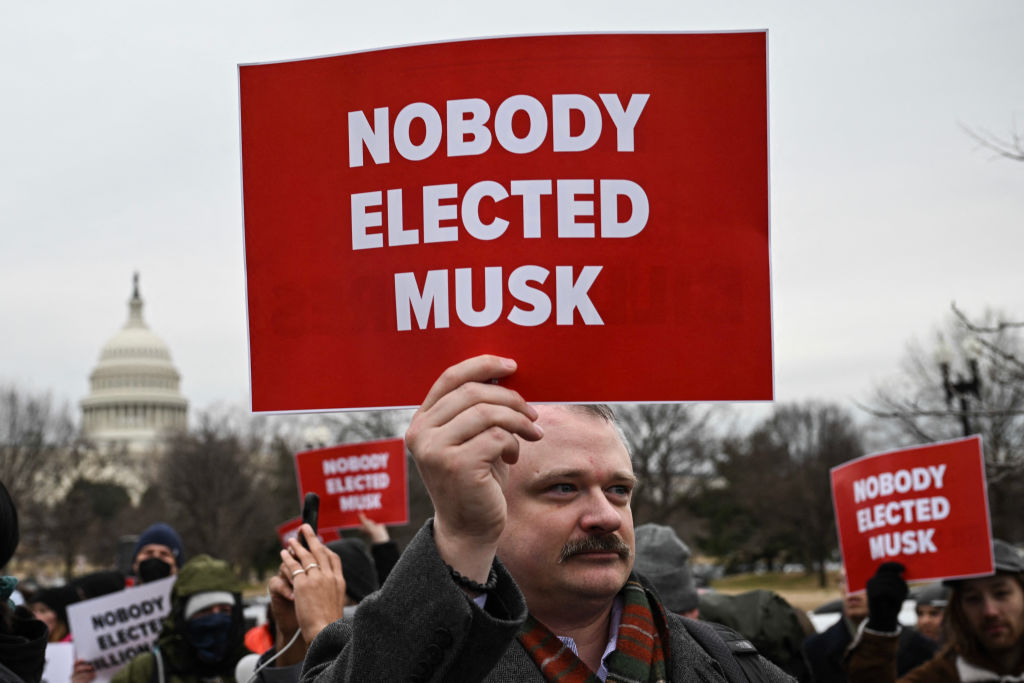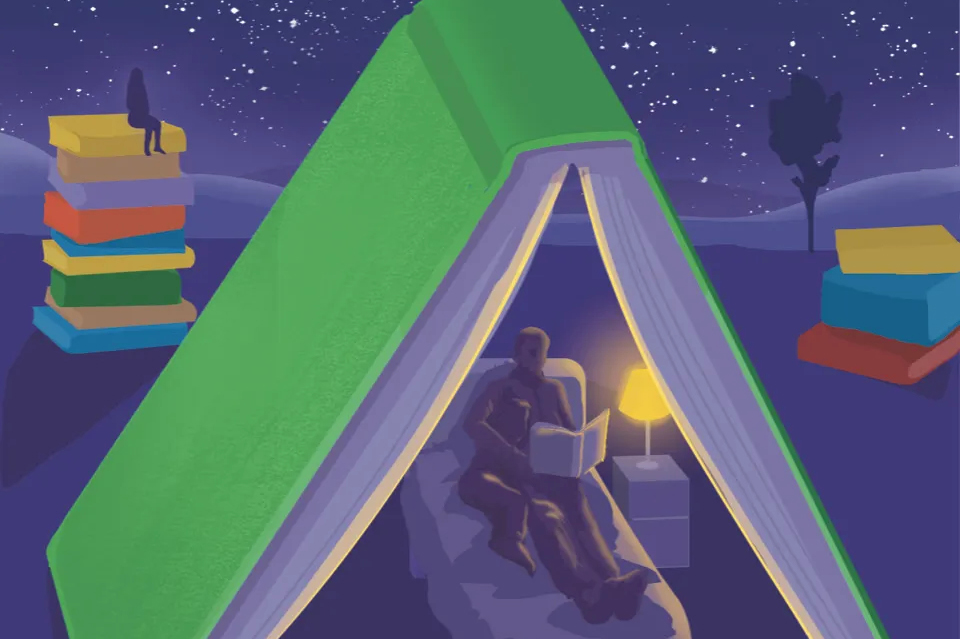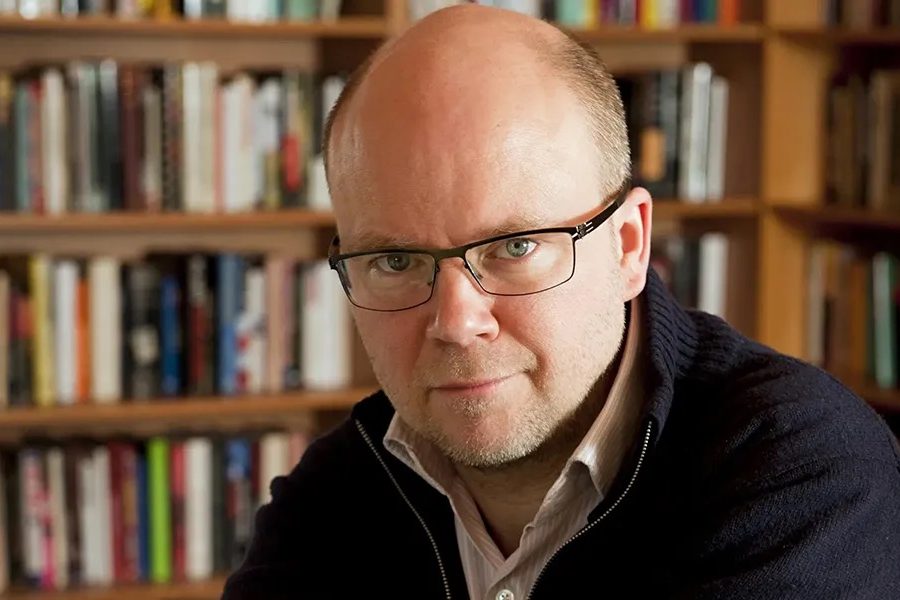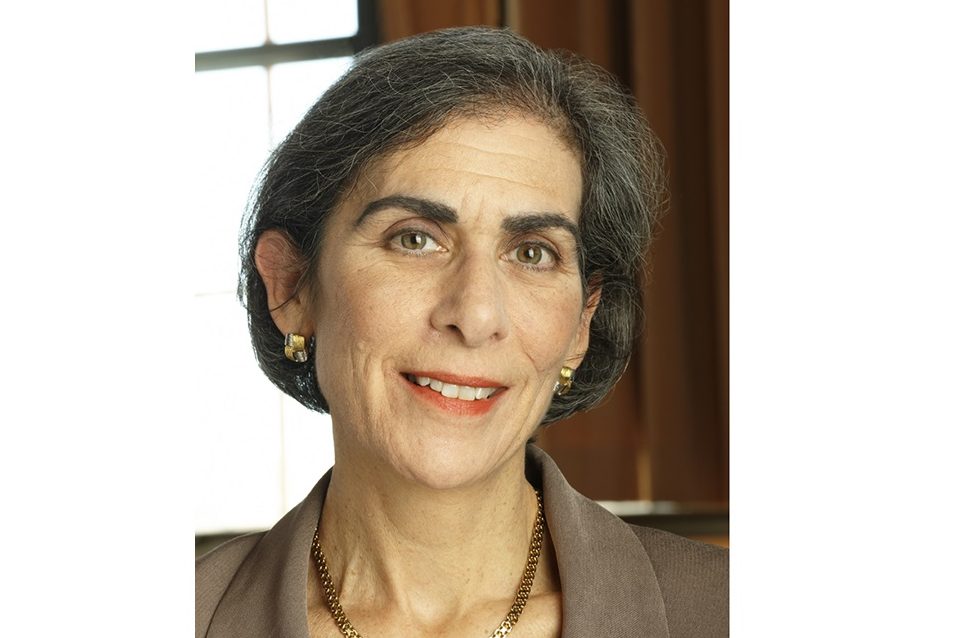It is a trope of dystopian literature that once-beloved works are censored beyond recognition by blank-faced apparatchiks, removing apparently subversive or dangerous content at the behest of the state. As ever in our brave new world, reality has come to imitate fantasy, with Roald Dahl the latest author to face that most implacable of nemeses: changing social attitudes.
It has been revealed by the Daily Telegraph that Dahl’s books — published in the United States by Penguin Young Readers Group, and Puffin in the United Kingdom — have been quietly but systematically edited to make them more “acceptable” for a 2023 readership. These changes, of which there are hundreds across Dahl’s canon, fundamentally alter some of the most beloved children’s titles ever written.
The only suggestion that this bowdlerization has taken place is a shamefaced announcement on the copyright page that “Words matter…the wonderful words of Roald Dahl can transport you to different worlds and introduce you to the most marvelous characters. This book was written many years ago, and so we regularly review the language to ensure that it can continue to be enjoyed by all today.”
There are too many examples to list, from the almost understandable to the utterly baffling. In The Witches, it is now said of one character “even if she is working as a top scientist or running a business,” whereas in the original, it was written “even if she is working as a cashier in a supermarket or typing letters for a businessman.” Sexist? Undoubtedly. Of its time? Regrettably so. In need of alteration? Therein lies the rub.
Dahl, of course, has been dead for decades, so he has had no say in any of the changes. It’s the Orwellian-sounding Roald Dahl Story Company, which sold the rights to Dahl’s books to Netflix in 2021 in an apparently enormous deal, that takes full responsibility for the alterations. They’ve declared:
We want to ensure Roald Dahl’s wonderful stories and characters continue to be enjoyed by all children today. When publishing new print runs of books written years ago, it’s not unusual to review the language used alongside updating other details including a book’s cover and page layout. Our guiding principle throughout has been to maintain the storylines, characters, and the irreverence and sharp-edged spirit of the original text. Any changes made have been small and carefully considered.
Few are convinced. Suzanne Nossel, CEO of PEN America, the non-profit organization designed to defend free speech, issued a lengthy statement on social media that declared,
we are alarmed at news of “hundreds of changes” to venerated works by Roald Dahl in a purported effort to scrub the books of that which might offend someone…amidst fierce battles against book bans and strictures on what can be taught and read, selective editing to make works of literature conform to particular sensibilities could represent a dangerous new weapon.
With Swiftian wit, Nossel asked, “So much of literature could be construed as offensive to someone – based on race, gender, religion, age, socio-economic status or myriad other factors. Such portrayals are vital topics for discussion and debate, leading to new insights…should Charlie Bucket’s elderly grandparents now be depicted not as lying in bed, but rather perhaps golfing or playing pickle ball?”
Her point is accurate. While all but the most libertarian of readers would not object to changes made on the simple grounds of taste — Agatha Christie’s notorious original title for And Then There Were None will never be used again — the edits to the Dahl books fundamentally alter their language, meaning and the author’s intentions, over and over again. It may be, if Dahl was alive today, that he would have edited them in a similar way. But without his imprimatur, what the Roald Dahl Story Company has done is a form of cultural vandalism that sets a grim precedent for other authors’ works.
Whatever next? Lolita reimagined as a charming, appropriate and mutually supportive friendship between two like-minded people of similar (and legal) ages? Portnoy’s Complaint as a sensitive look at the issues faced by a second-generation Jewish immigrant? (Who, of course, might not be Jewish any longer because of cultural appropriation or some similar problem?) We are at the thin end of the wedge, and matters are only going to worsen. The dystopia is upon us at last.



